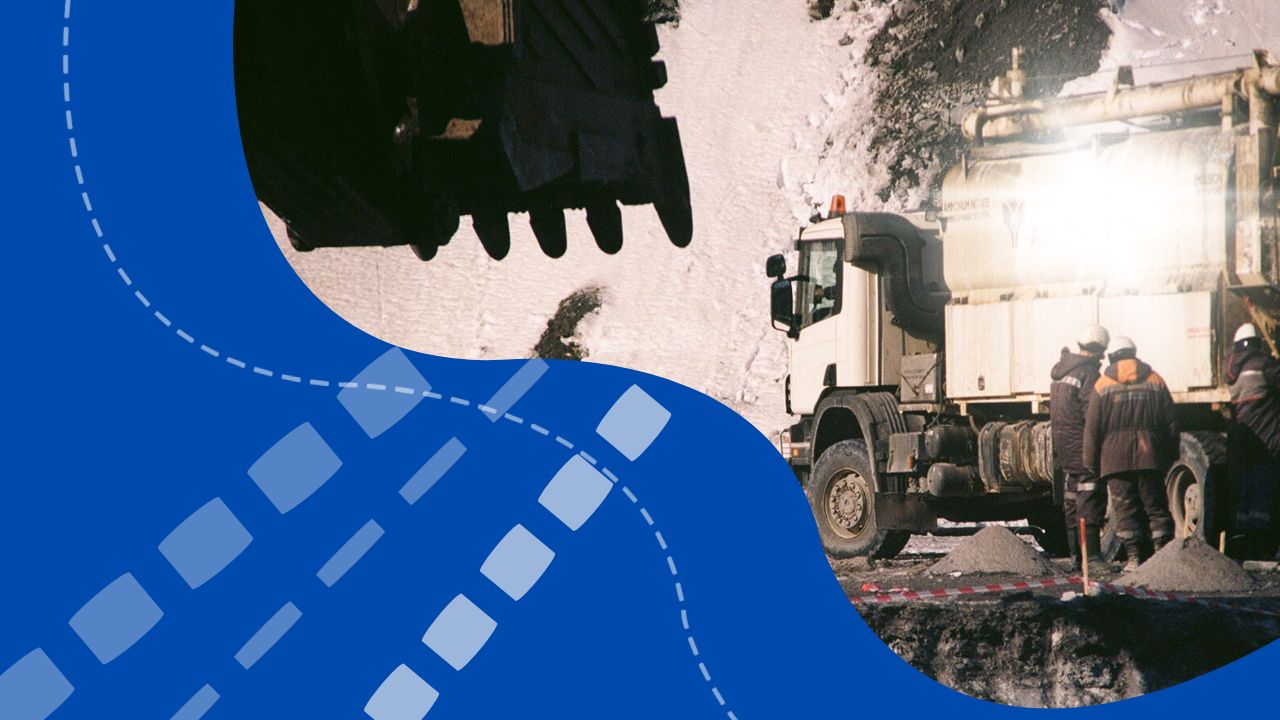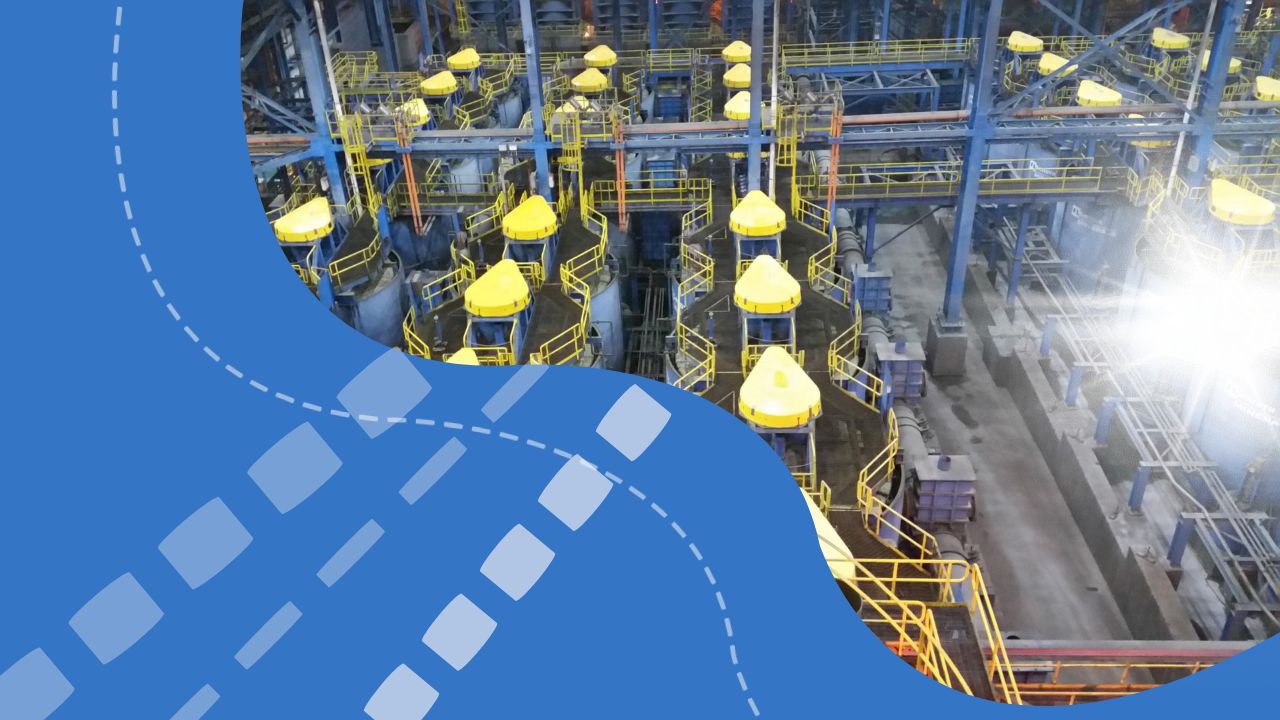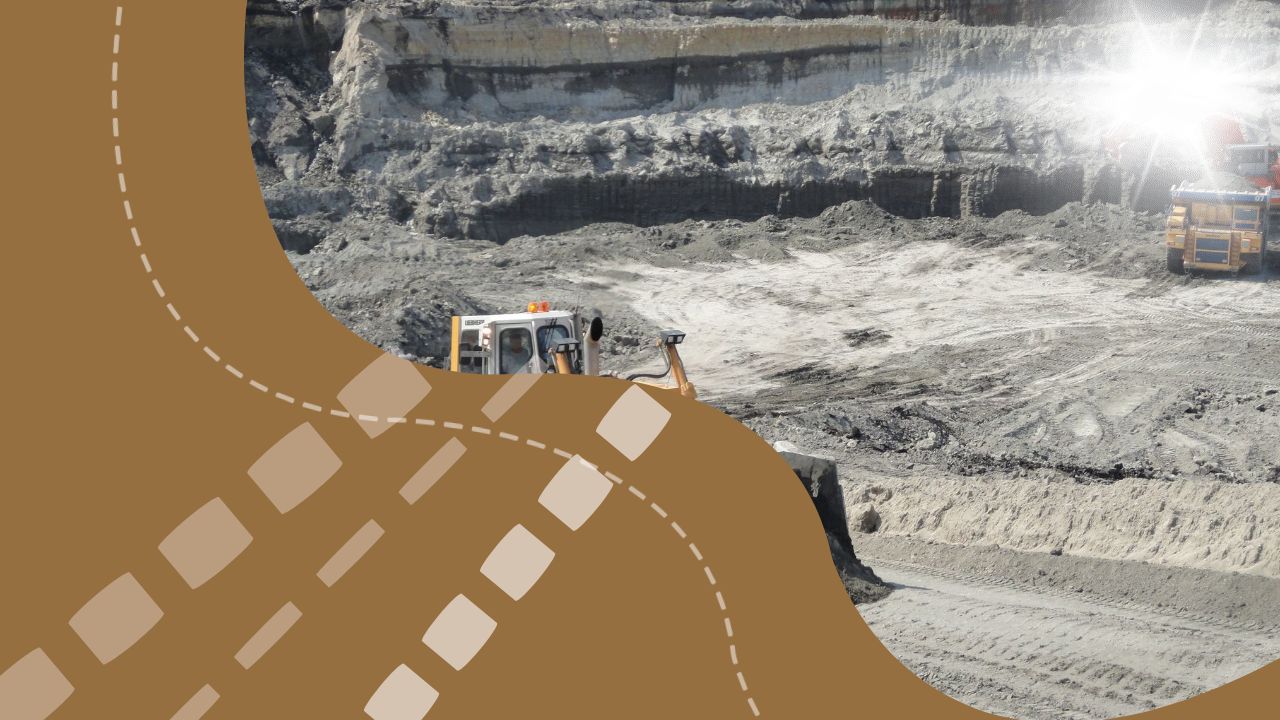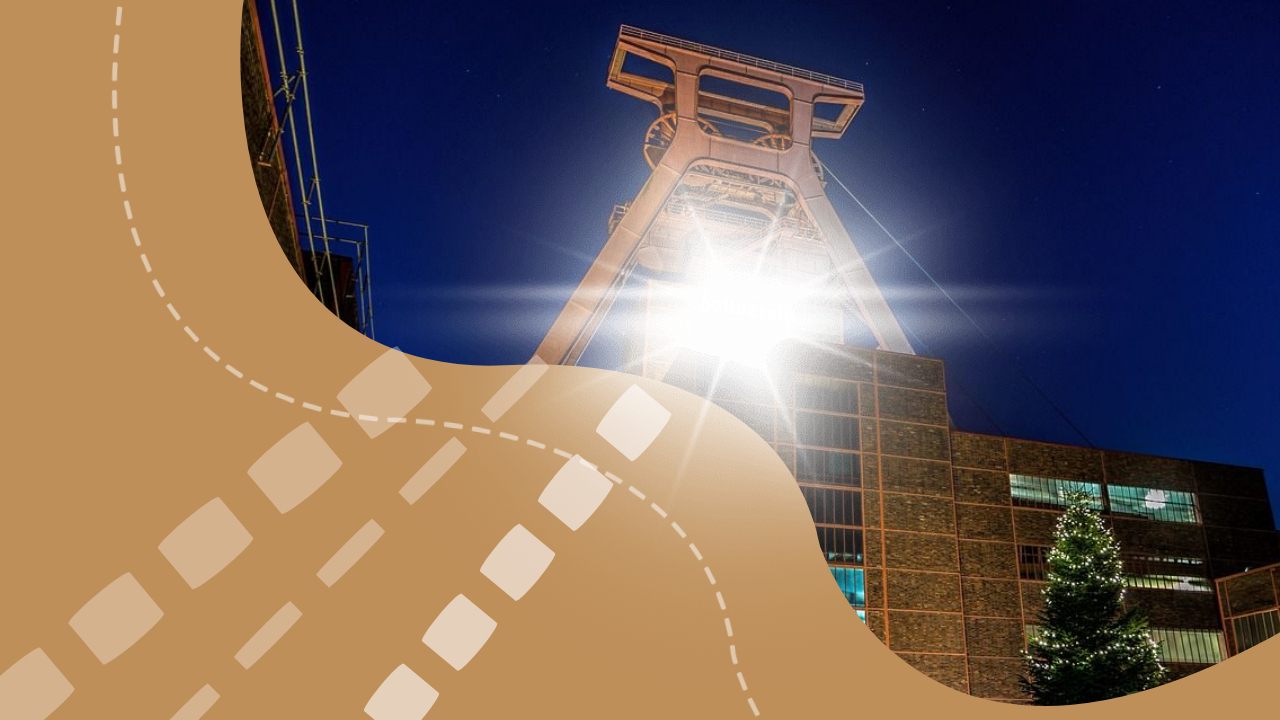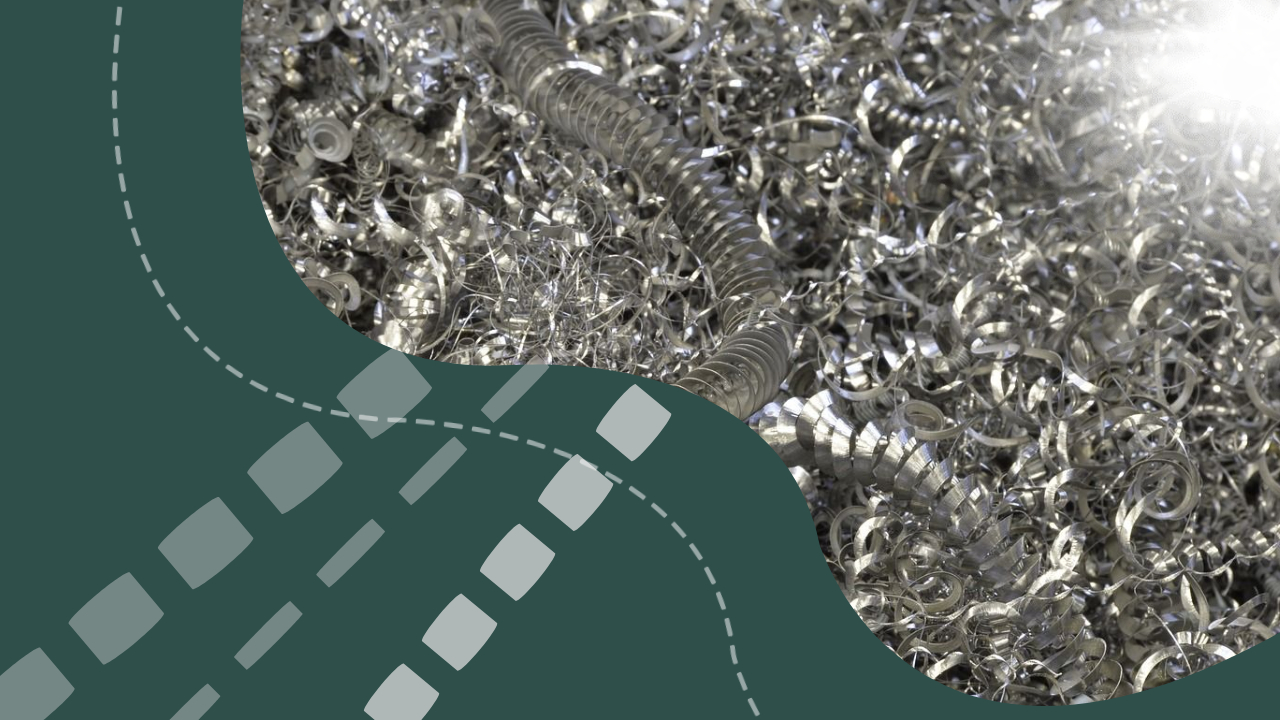Image source: https://pixelied.com/
At the end of 2023, tax payments for mineral extraction amounted to 10.6 trillion tenge. The treasury of the Republic of Kazakhstan received funds from 5,183 subsoil users, Bizmedia.kz reports.
In 2023, taxes paid by mineral producers accounted for 35% of the country's budget and fully provided the national fund. In the course of identifying violations of tax legislation, 561 billion tenge was recovered from unscrupulous subsoil users. The increase in cash receipts is also associated with an increase in tax rates on the extraction of minerals and metals from the subsoil. These measures made it possible to replenish the treasury by almost 160 billion tenge.
Now Kazakhstan is looking for new opportunities to obtain natural resource rent. To do this, experts study world prices for solid natural resources that are mined on the territory of the Republic of Kazakhstan. The Kazakh authorities have tentatively amended the law on transfer pricing to strengthen control over prices and the


